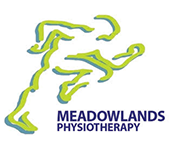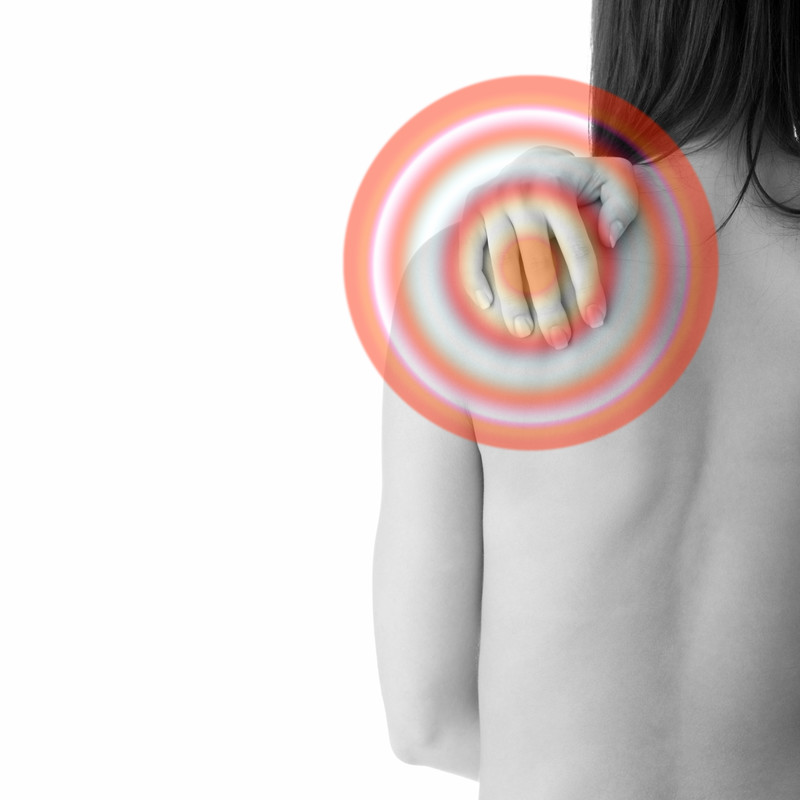Physiotherapy for Pain Management
There was a time when those with pain were encouraged to try heavy medications first. However, the current opioid crisis has shown us that these medications have risks. There is another way to treat pain, one that can even lead to better outcomes and longer lasting pain relief. It’s physiotherapy.
The Need for New Pain Management Practices
Pain from cuts, bruises, even from surgical incisions is straightforward. All your body needs is time to heal. Simple and gentle pain killers can keep the pain at bay until the injury is gone.
But what if time doesn’t resolve your pain? For chronic pain in muscles, bones, and tendons, opioids are not always your best option. The same goes for pain from conditions like Parkinson’s, Alzheimer’s, even a stroke.
After surgeries many people continue to suffer chronic pain. Ten to 34% of people will continue to have pain after a total knee replacement. Seven to 23% will feel the same after a total hip replacement. Even cardiac, gynecological or thoracic surgeries can leave lasting pain.
If you’re using opioids to deal with pain, and you leave that pain unaddressed, you’ll have to continue with opioid medications indefinitely. This can have serious health consequences.
The Center for Disease Control (CDC) argues that, “Given the substantial evidence gaps on opioids, uncertain benefits of long-term use and potential for serious harm, patient education and discussion before starting opioid therapy are critical.”
Why not try a pain management alternative first; one that might resolve your pain instead of simply masking it?
Physiotherapy Solutions
Your body needs something other than time to heal chronic injuries. Physiotherapists will create a customized treatment strategy by using several clinical pain measurement scales. These identify not just the amount of pain you’re experiencing, but the type. Is it neuropathic, centrally mediated, or nociceptive pain?
We will teach you about the source of your pain and what you can do to minimize it. Specific movements and exercise are often the answer. But we’ll also consider sleep deprivation, medications, co-morbid conditions, and your emotional response to your pain.
According to the CDC there is “high-quality evidence” that exercise is a key component of a physical therapy program even for those with chronic conditions like:
- Lower back or hip pain
- Knee osteoarthritis
- Hip osteoarthritis
- Fibromyalgia
In fact, physiotherapy can even produce better outcomes for people with some conditions than surgery, including:
- Meniscal tears
- Knee osteoarthritis
- Rotator cuff tears
- Spinal stenosis
- Degenerative disc disease.
Through physiotherapy, you may never even have to have the surgery that could cause your significant and lasting post-operative pain.
To support your recovery efforts, physiotherapists will focus on specific movements that have been proven to help reduce the type of pain you have. Plus, we’ll find the exercises that you can enjoy, because the most important part of pain management is often sticking with exercise over the long-term.
Discover if physiotherapy is the right first choice for you and contact Meadowland’s physiotherapists today. The sooner we get started, the sooner you’ll see benefits, and know if you can have reduced pain without the use of opioids.

